
One of the most common trouble codes with the Jeep Grand Cherokee is P0171. It indicates that your Jeep Grand Cherokee is running lean on the bank one side. It’s the most common air/fuel mixture-related code.
It’s not the most complicated OBDII trouble code to diagnose. It is also one of the most common codes.
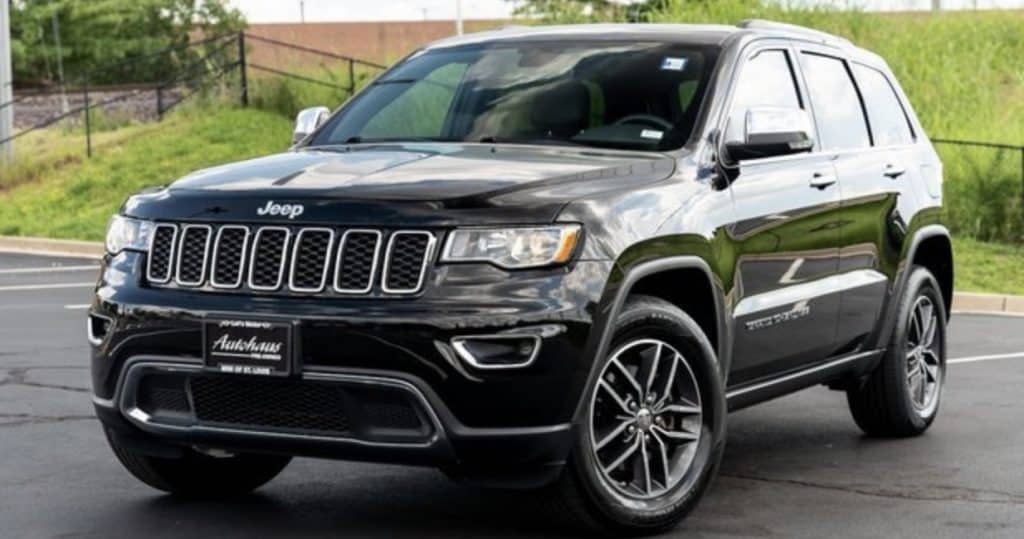
The most common causes of P0171 are a bad Oxygen sensor, a vacuum leak, or a dirty MAF sensor.
| Definition | P0171: Fuel Trim System Lean (Bank 1). |
| Symptoms | Check engine light, decreased fuel economy, misfire, hard to find idle. |
| Common Causes | Dirty MAF sensor, vacuum leak, O2 sensor. |
| Breakdown Risk? | Rarely, but driving with P0171 can sometimes damage other components. |
| Repair Cost (Parts) | It varies, but the most common repairs are usually under $200. |
| Repair Difficulty | The common P0171 repairs are usually simple. |
Table of Contents
P0171 Definition: Fuel Trim System Lean Bank 1
P0171 is a generic code, meaning it has the same definition for the Jeep Grand Cherokee as any other vehicle.
Fuel Trim System
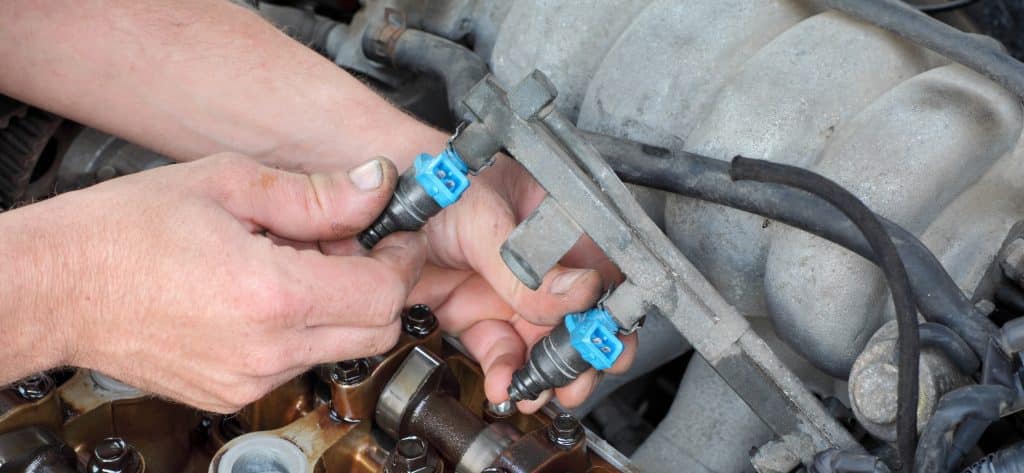
The ideal air/fuel ratio is 14.7:1 (14.7 parts air to one part fuel). Your vehicle’s fuel trim system manages the air/fuel ratio and adjusts it when the powertrain control module determines it’s necessary (it can range anywhere from 12.0:1 for power and 16.0:1 for economy).
- O2 sensors– Oxygen sensors meter the exhaust and report the oxygen content to the powertrain control module.
- MAF or MAP sensor– Depending on your Grand Cherokee’s model year, it can have a mass airflow sensor or manifold absolute pressure sensor (or both). Their job is to meter the air as it enters the engine.
- Powertrain control module– Takes info from these sensors and uses it to adjust the air/fuel ratio.
System Lean
The code is thrown when the oxygen sensors detect the air-fuel mixture is “lean” (too much air or not enough fuel).
The vehicle’s PCM will add more fuel to the mixture to bring the air-fuel mixture where it needs to be for optimal combustion. It also throws the code P0171 to let you know it has done this.
Bank 1
Bank 1 is the side of your Jeep Grand Cherokee’s engine with the first cylinder. You only need to concern yourself with this if there are two cylinder heads. If your vehicle has an inline four or six, there’s only one bank of cylinders.
Grand Cherokee P0171 Code Symptoms
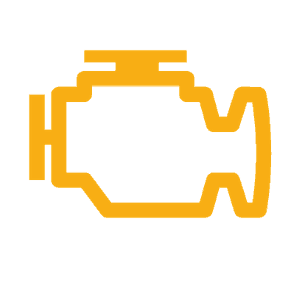
There aren’t usually any drivability issues associated with P0171. For most people, the first sign that anything is wrong is the check engine light.
- Mileage- may or may not suffer depending on how much the air-fuel mixture has changed.
- Misfire– If the air-fuel mixture has gotten too far from the 14.7:1 sweet spot, this can cause your Jeep Grand Cherokee to misfire.
- Idle Issues– With the air/fuel mixture altered, the vehicle can idle erratically as the computer compensates to keep the engine running.
P0171 Jeep Grand Cherokee Causes
The P0171 code is thrown when something has caused there to be too much air or not enough fuel. With that in mind, here are the most common causes:
Vacuum Leaks
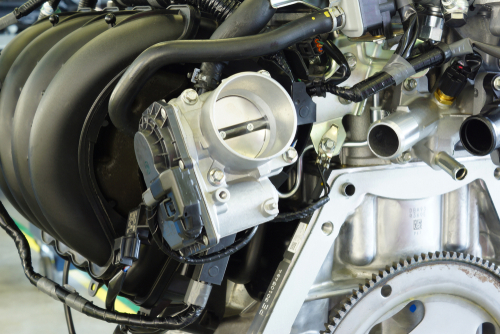
Your Grand Cherokee’s MAF and/or MAP sensors meter the air as it enters the engine. If there is an air leak after the MAF sensor, it’s not being measured as it enters the intake, which increases the air in the air-to-fuel ratio.
One of the most common causes for the P0171 code to show is a vacuum leak. Listen and look around your Jeep Grand Cherokee’s engine bay to see if you can find the vacuum leak.
Look at any hoses or sensors that connect to the intake manifold. Verify that they aren’t cracked and that they are tightly secured. Listen for unusual noises.
The linked YouTube video is a phenomenal resource on how to find a vacuum leak.
Oxygen Sensor
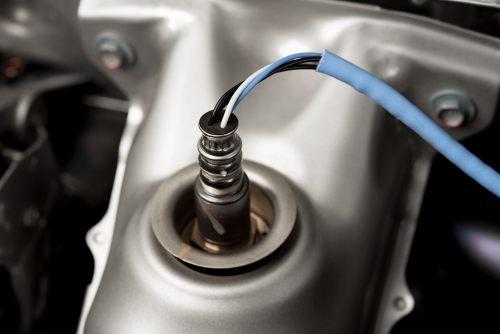
The P0171 code is thrown when the bank one sensor one O2 sensor reports that your Grand Cherokee’s engine is running lean.
The sensor on or right after the exhaust manifold is typically the sensor that reports the lean condition. If it is malfunctioning, it can cause a false P0171 code.
Swap Test
If your Grand Cherokee has two cylinder banks, you can swap the O2 sensors on each side.
- Clear your codes.
- Swap the bank one sensor one oxygen sensor with it’s bank two counterpart.
- Start your vehicle and wait for the check engine light to come on.
- Once you pull the codes, if it changes to P0174, that’s enough evidence that a faulty O2 sensor was causing P0171 in your vehicle.
Mass Air Flow (MAF) Sensor
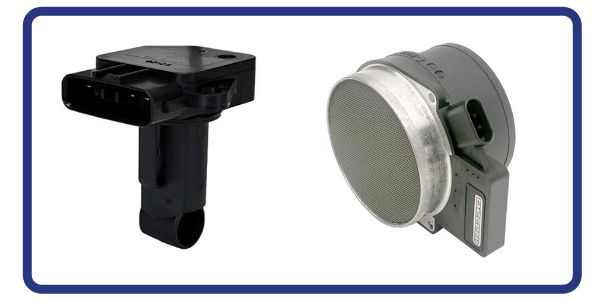
The mass air flow sensor calculates the volume of air entering the engine. If it is malfunctioning, your vehicle’s PCM won’t know how much air is entering the engine. When this happens, it can cause your Jeep Grand Cherokee’s engine to run rich or lean. If it were running rich, you’d get P0172.
Cleaning the MAF or MAP Sensor
Your Grand Cherokee’s MAF sensor is covered with tiny electrodes that can detect how much air is passing through it. Unfortunately, it can’t read the air properly if it gets dirty.
Local parts stores sell dedicated MAF sensor cleaners. If you use anything else to clean it, you risk damaging its sensitive electronics.
Fuel Injectors
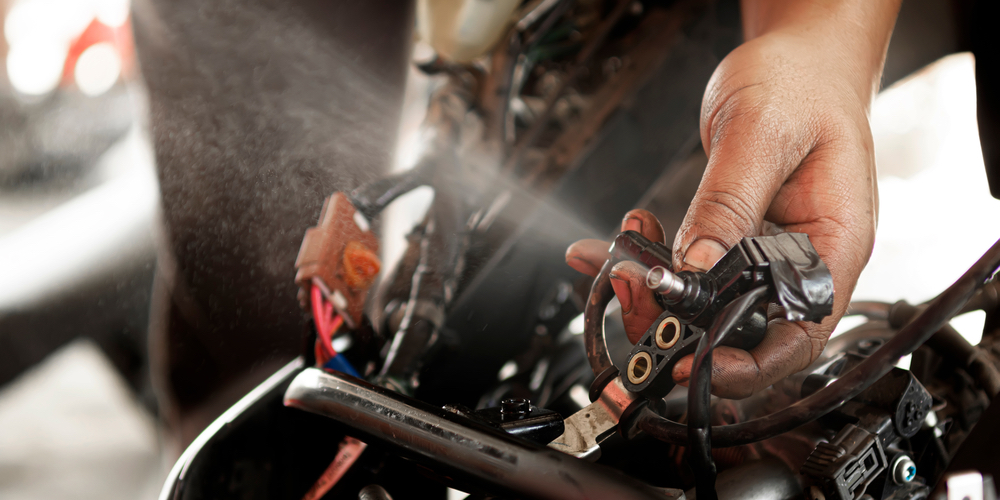
P0171 indicates that your Jeep Grand Cherokee is either getting too much air or not enough fuel. A clogged or damaged fuel injector will cause the air-fuel mixture to lean out in one specific cylinder. You may see a cylinder misfire code or fuel injector-specific code with P0171.
If you have one or more fuel injectors that have gone bad, that can cause the air/fuel mixture to lean out.
Fuel Pressure Regulator or Fuel Pump
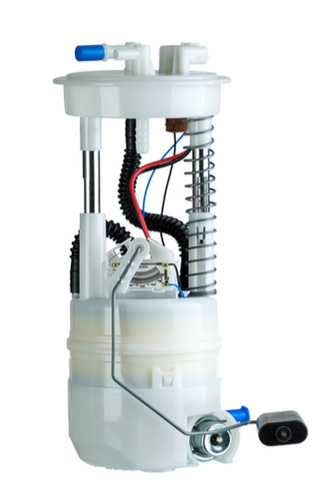
With P0171, there’s possibly not enough gas entering the combustion chambers. This can happen if the fuel pressure regulator isn’t allowing enough fuel to get to the fuel rail.
A faulty fuel pump behaves exactly the same way. The only way to know why the fuel pressure is too low and causing P0171 in your Jeep Grand Cherokee is to trace it back from the fuel rail and see where the pressure starts weakening.
Exhaust Leak
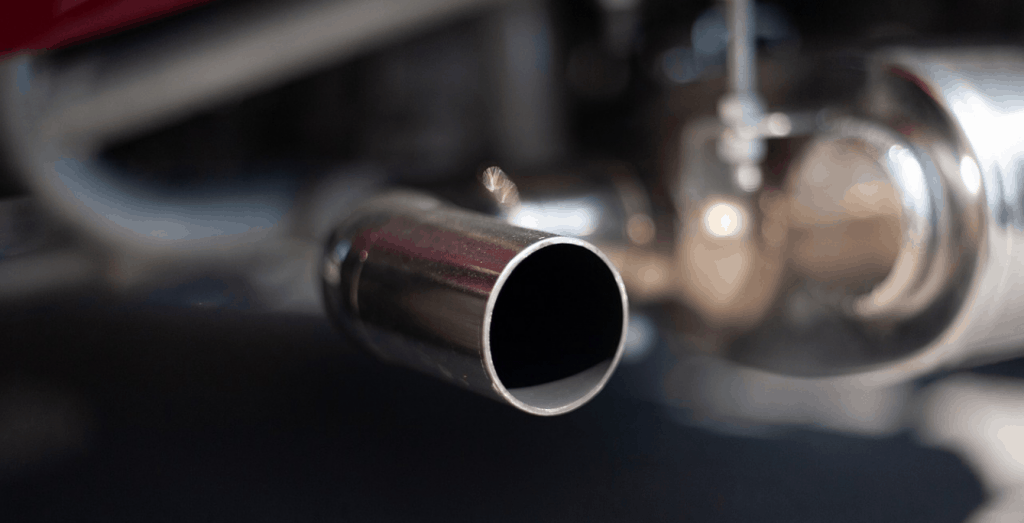
An exhaust leak will change the amount of oxygen the B1S1 O2 sensor picks up. When this happens, it’ll report a false lean condition. You’ll likely hear the exhaust leak.
Air Filter
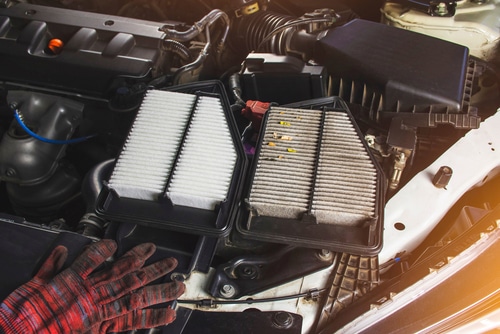
While it’s not the most common reason to throw the P0171 code, a clogged air filter certainly can cause it.
Possible P0171 Fixes
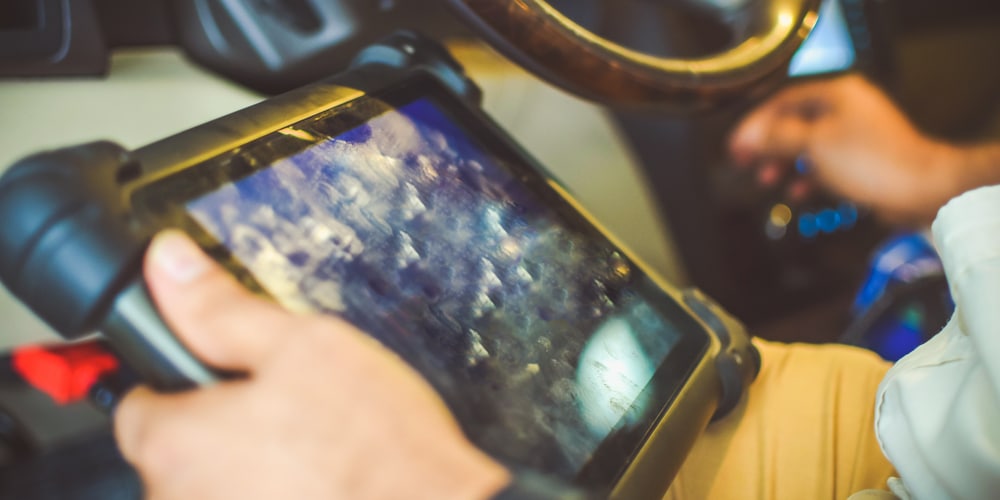
Here are the steps you can take to diagnose P0171 in the Jeep Grand Cherokee.
- Check for other trouble codes. They will likely point you to what part of your vehicle is malfunctioning.
- Listen for an exhaust leak or vacuum leak within the engine. The exhaust leak should be close to the B1S1 O2 sensor.
- Inspect all of the hoses that connect to the intake manifold, as well as the intake hose in front of the throttle body.
- Check to see if the air filter is dirty.
- Test to see if the intake manifold gasket has a leak.
- Test the fuel pressure.
- Verify fuel trim on a quality scanner.
Common Questions
Is P0171 a breakdown risk?
It is rare that a vehicle breaks down by itself when P0171 is the only code. Still, you don’t want to ignore it. Doing so may eventually damage your Grand Cherokee’s catalytic converter.
My Grand Cherokee has P0171 and P0174 together; what does that mean?
If your Jeep Grand Cherokee has P0171 and P0174 together, it rules out a few problems and provides anecdotal evidence to help narrow the problem.
- It’s likely that your Grand Cherokee’s O2 sensors are working fine since they are both reporting the vehicle is running lean.
- One bad fuel injector will not make a lean code appear on BOTH sides of the engine, so you can rule those out.
- It’s unlikely there’s an exhaust leak.
- It leaves the MAF (or MAP) sensor, vacuum leak, air filter, or fuel pressure on the table as possible causes since they would equally affect both sides of your Grand Cherokee’s engine.
Is P0171 difficult to repair?
P0171 in the Jeep Grand Cherokee is not difficult to repair. On the other hand, it is difficult to diagnose. Looking up any other codes that appeared with it can save time.
